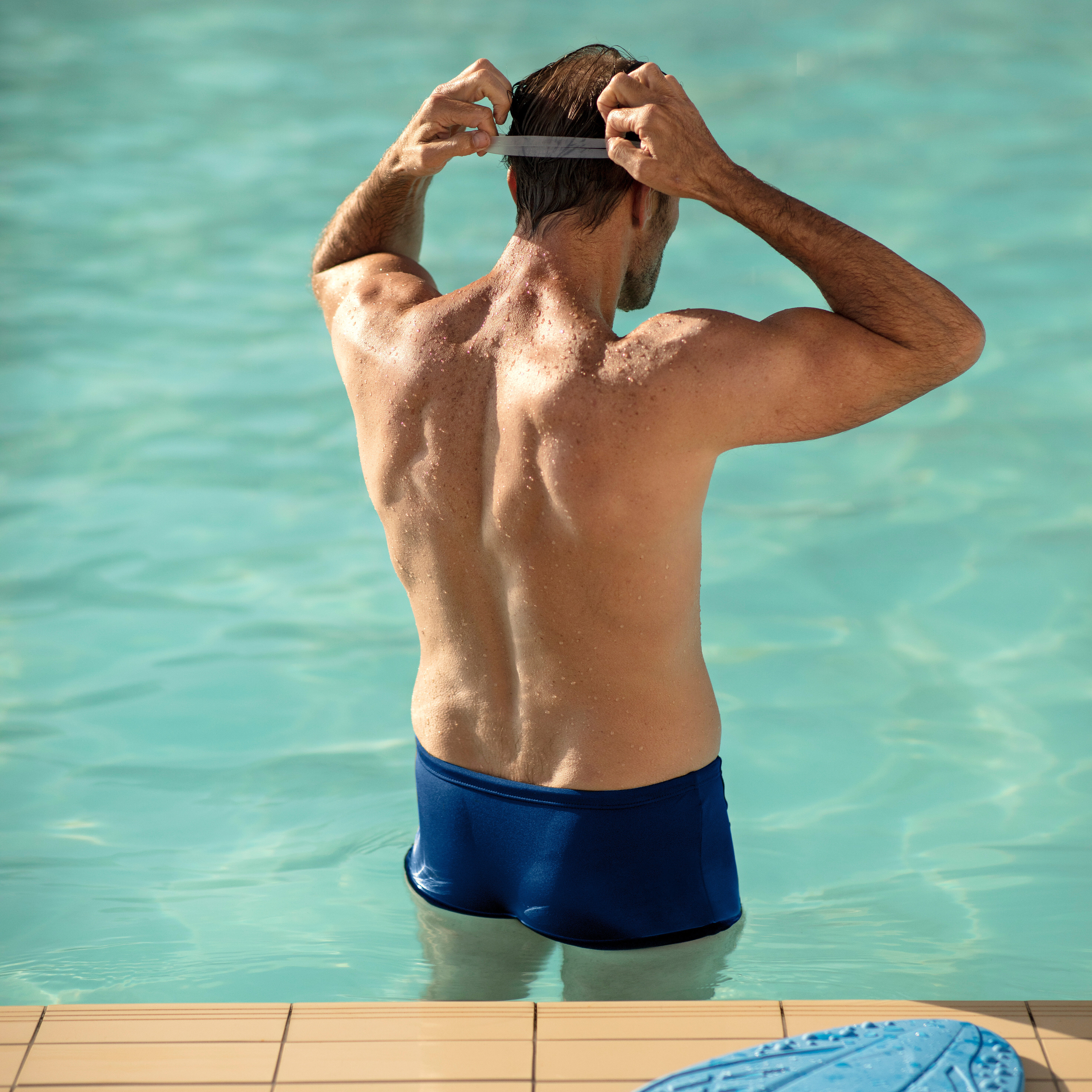
Sports: a great help in managing rheumatoid arthritis
Rheumatoid arthritis (RA) is a common autoimmune inflammatory joint disease that often results in stiffness and limited movement. However, the effects of RA extend beyond the joints as it can also affect general well-being and quality of life. Physical activity and sports can be a supportive measure for people with rheumatoid arthritis and have a positive impact on various aspects of this disease.
Here you will find some suggestions.
The importance of sports in rheumatoid arthritis
Physical activity to help with rheumatoid arthritis
Patients with rheumatic inflammatory diseases should have plenty of exercise. The principle applies: You rest, you rust!

Today, there is a wide range of sports to choose from. However, you should always try and avoid undue stress on your joints and forego activities with a high risk of injury. This applies to, in particular, competitive ball sports such as football or handball. Here, the start/stop loads on the weight-bearing joints are sometimes extremely high. Swimming, on the other hand, is ideal because all of your joints are exercised more gently, using the buoyancy of the water.
The table below is only intended as a rough overview. In individual cases, it makes sense to discuss with a rheumatologist which type of sport is suitable or unsuitable. How intensively the sport is practiced should be taken into consideration as well as your age and training level when choosing the right kind of sport. Generally speaking though, any sport – within reason – is better than no sport at all.
Rheumatism and sports
Strength training, jogging or swimming?
| Suitable | Conditionally suitable | Unsuitable |
|
|
|

People with rheumatoid arthritis are eligible to practice functional training in a group for up to two years. This training, in the form of gymnastics or water gymnastics, is usually held by a physiotherapist. The courses are tailored to the needs of patients with rheumatism.
In order for the costs to be covered, the sports provider must be recognised by your health insurance company. In addition, you need a doctor’s prescription. Your doctor can prescribe functional training without it coming off their budget.
Group rehabilitation sports to improve endurance, strength, coordination, and mobility can also be prescribed for a period of 18 months and covered by the health insurance fund.





